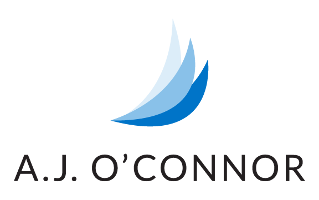
5 Tips For A Successful Career Transition
Have you questioned if you’re on the best professional path? You are not alone. Career transitions have become increasingly common in today’s constantly evolving job market. Fifty-two percent of Americans are contemplating a career change, and 44% are already making a change. It is essential to find your job fulfilling, especially considering most Americans work an average of 90,000 hours before retirement. Whether you’re looking to switch industries, advance your career or pursue your passion, transitioning to a new job can be an exciting yet intimidating journey. Below are our five tips for a successful career transition.
1. Addressing Your Strengths and Weaknesses
Before jumping in head first, reflect on your existing skills. What are you great at, and where can you improve? List out your strengths, weaknesses and recently acquired or perfected skill sets. Once you have laid the groundwork, consider potential gaps. Gaps can range from your confidence level to developing the necessary skills and education for your new field. Whether through further education, online courses or hands-on training, investing in your skill development is critical to a smooth transition.
2. Networking and Mentorship
Often, when we are unhappy with our work situation, we get caught up in the “Grass is Greener” mentality. You can break out of this mindset and explore your career options through networking and mentorship opportunities. Connections will set you far ahead of the competition. Consider joining online forums, attending industry events and utilizing your LinkedIn network to engage with others in your desired career field. Exploring your options via networking will give you a window into the culture, day-to-day work life, and connections you need to solidify your decision and land a mentorship. Today, mentorship opportunities are drastically growing. Since the pandemic, there has been a 30% increase in structured mentorship opportunities across all fields. The increased mentorship opportunities are due to organizations taking note of the long list of benefits.
Building connections is invaluable for elevating your career options. Focus on leaving a lasting impression on your new connections through communication and thank you notes.
3. Embrace Online Learning
Continuous learning is necessary to grow in any field, but switching careers will require you to devote more resources to the effort. Thankfully, continuing your education at your own pace is easier than ever. Online resources and degree programs have revolutionized opportunities today by improving access financially and geographically. They also allow students to progress independently, encouraging in-depth learning and schedule flexibility. With this in mind, AJ O’Connor and Associates designed a specific resource for individuals pursuing a career transition. Their “My Career Navigator (MCN)” gives users access to a one-stop-shop for training, tools and tips candidates need to stand out from the competition. The platform offers access to tools such as online assessments and interactive webinars. You can increase your skill set and make yourself more marketable by taking advantage of online resources, workshops and certifications in your new field.
4. Rebuild Your Brand
Rebuilding your brand is as simple as updating your resume and social networks. This simple task is imperative to your future career options. Today, 71% of hiring decision-makers believe social media is an effective tool for screening applicants. Ensure your online presence is professional and up-to-date by updating your resume, LinkedIn profile and other professional profiles to highlight your relevant skills and experiences. Depending on your field, consider creating a personal website or portfolio to showcase your work and accomplishments. A strong personal brand will help you stand out to potential employers and increase your chances of success in your career transition.
5. Consider a Coach
Changing your career path can be an intimidating and overwhelming decision. Consider investing in a career coach to help you along the right track. Research suggests that professional coaching can provide a significant return on investment (ROI). According to IPEC, 99% of those coached were “satisfied or very satisfied” with their results. At AJ O’Connor and Associates, we offer flexible and personalized coaching for individuals of all career stages. Our program works one-on-one with participants to understand their career transition goals and develop an action plan for long-term success.
Change is daunting. However, you can achieve your professional goals with the right mindset and tools. If you want help along the way, give us a call. We’ve coached over 14,000 professionals, and with four decades in the business, we do it better than anyone. Contact us today, and let us guide you on your professional journey.
Related Posts:
Rising Above the Rest: Tips to Navigate Uncertainty During an RIF

